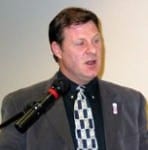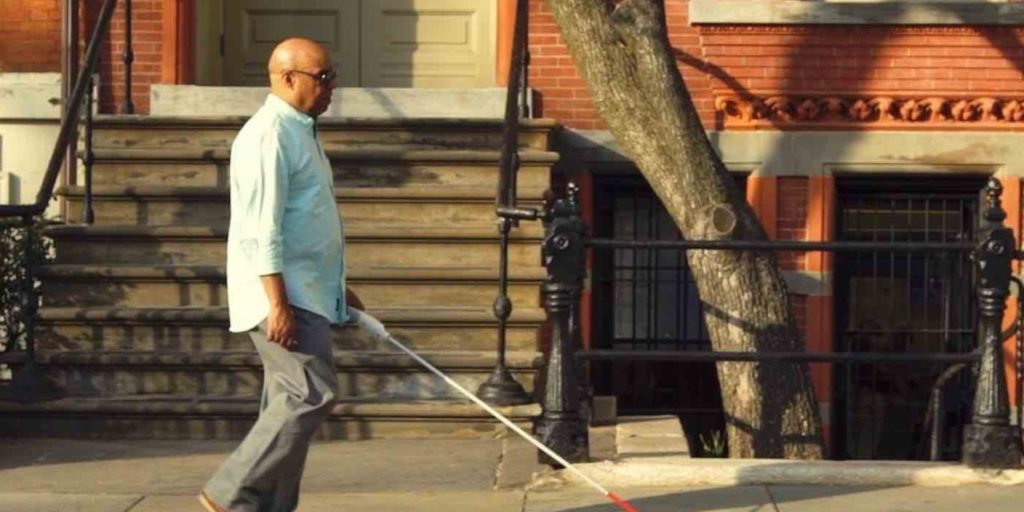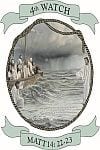
by Cassandra Hedelius
Late last year, I started brainstorming suggestions for who we could invite to present at the 2021 FAIR conference. We usually look for presenters to counter criticisms of the church on issues like polygamy, Book of Mormon translation, and race. But in addition to these, I wanted this conference to provide more immediately vital resources for parents, building on John Gee’s excellent presentation in 2020. Children are bombarded with not only explicit arguments, but very subtle messages that shape their imaginations and moral judgment in ways that make it very difficult to accept divine authority and parental guidance. I’m the mother of three young children, and my dearest hope is to succeed at building their faith in the Lord, His church, and the prophets and other leaders He calls. I was determined to find speakers that would significantly help me and other parents like me.
Around that time, I started reading a new book by Carl Trueman: The Rise and Triumph of the Modern Self: Cultural Amnesia, Expressive Individualism, and the Road to Sexual Revolution. I was instantly captivated by Trueman’s skill at naming and explaining cultural forces that I had dimly intuited but never fully grasped. His bracing exposition gave me the consciousness and competence I need to shape my childrens’ worldviews instead of allowing them to be shaped by the world’s philosophies. [Read more…] about Three Conference Presentations Now Available to Help Parents, Leaders, and Other Teachers of Children and Youth

 Hanna Seariac is a MA student in Greek and Latin at Brigham Young University. She is currently writing a book on Latter-day Saint approach to theological stances as well as shorter pieces on prayers in scripture. She works as a research assistant on a biblical commentary and as a research assistant on early Latter-day Saint history. She values Jesus Christ, family, friends, hiking, baking, and good ice cream.
Hanna Seariac is a MA student in Greek and Latin at Brigham Young University. She is currently writing a book on Latter-day Saint approach to theological stances as well as shorter pieces on prayers in scripture. She works as a research assistant on a biblical commentary and as a research assistant on early Latter-day Saint history. She values Jesus Christ, family, friends, hiking, baking, and good ice cream.





